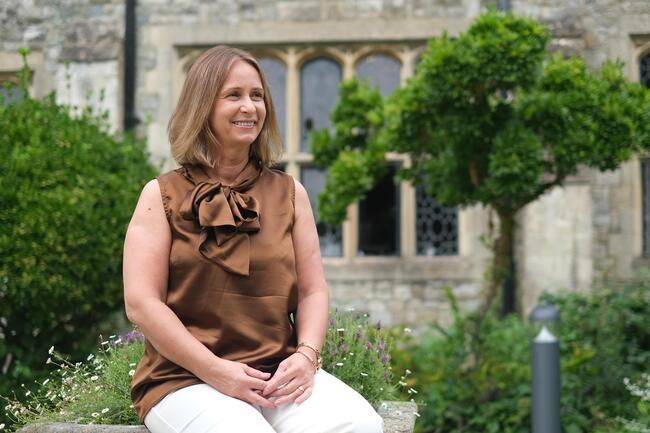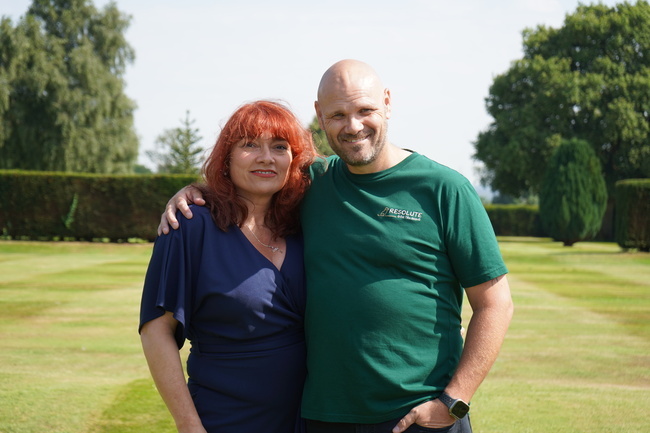From her initial strides on the track to her success as a bronze medallist at the World Athletics Championships, NACAC champion sprinter Kiara Parker has faced numerous challenges as a female athlete. However, one issue stands out as particularly neglected: the conversation around periods in sports.
“I don’t feel like there’s enough attention or research into periods in sport due to the fact that men are in head positions of the places that are important,” Parker says. “They don’t experience things that women experience so they can’t understand how it must feel, and as a result don’t think it’s a problem. If we had somebody who cared, they would do something about it.”
Parker’s words echo a broader sentiment among female athletes. According to a recent survey of 14,000 athletes, 65.3 per cent reported not receiving any education on periods, and 75.8 per cent had never discussed menstrual cycles with their coach. This gap in understanding and communication underscores the persistent taboo surrounding menstruation in the sports world.
Speaking to Active Iron, as part of the brand’s ‘Summer of Sport’ campaign, All-American Parker opens up about why period taboos still linger in the sports world, sharing her vision for how athletics can better support female athletes and their menstrual health, along with her top tips for young athletes learning to navigate their cycles.
Considering millions of American women menstruate every month, it may seem surprising that periods are still such a taboo subject in 2024, but according to Parker, it remains a topic that many are too frightened or embarrassed to discuss openly.
“People don’t want to talk about women’s bodies. It makes people uncomfortable so they would rather talk about it sparingly or not at all.” says the IAAF World Athletics Championships bronze medallist.
“I really wish people were more open to talking about this. If we had more discussions, people might be more understanding of women athletes. Everyone expects us to always be on top of our game, but we have off weeks too, and periods are a major factor in that. Talking about it more would help everyone be more supportive and understanding.”
Thankfully, there has been a shift in momentum led by some of the world’s elite athletes.
From Chinese swimming sensation Fu Yuanhui breaking the silence on periods, with a refreshingly honest post-race interview at Rio 2016, to American runner Mary Kane discussing the risks of missed periods in sport, an increasing number of female athletes have stepped forward to break the silence on this topic.
But with awareness, education must follow, if female athletes are to better manage their menstrual health.
Whether someone is an elite athlete or a casual gym-goer, a little knowledge and awareness can go a long way. By equipping themselves with information about their cycle and its symptoms, and understanding the strategies to overcome them, they gain a powerful tool for tackling menstrual health challenges.
Parker’s tips for women in sport include understanding the menstrual cycle early, choosing healthy snacks, and recognising the importance of rest. “Rest is as crucial as training, and it’s important to understand that it’s ok to take a break,” she says. “Without rest, you can’t train and ultimately you can’t improve.” She recommends using a period-tracking app to optimise workouts, and train smarter.”
Menstruation affects each woman differently, both physiologically and psychologically, influencing sporting performance and overall wellbeing. Parker herself has struggled with fatigue and low energy during her menstrual cycle, which impacted her career.
“My period often drains me, leaving me without energy for workouts or daily activities,” she shares. “During my senior year, and my only time at the National Collegiate Athletic Association (NCAAs), my period started on the first day of competition. To manage, I took ibuprofen, used tiger balm for cramps, and made it through to the final spot.”
Period-related fatigue is a common issue among female athletes, often caused by low iron levels due to menstrual blood loss, which affects 15-35% of women in sport. Active women are at higher risk, needing nearly twice as much daily iron as men. The problem is symptoms of low iron, such as fatigue or weakness, are often overlooked or misattributed to other causes like poor sleep.
To address low iron, women can incorporate iron-rich foods like lean meats, beans, and leafy greens into their diets. Iron supplements are another option, particularly during periods when iron loss is highest or when dietary restrictions are a challenge. Regular blood tests help monitor iron levels and adjust strategies as needed.
Parker finds a combination of diet, rest, and supplements effective. “Sleeping, hydrating, and using a heating pad for cramps are my go-tos,” she says. “I also add beetroot powder to my smoothies and recently started taking an iron supplement from Active Iron, which has helped manage my energy levels.
“I love being a woman and believe overcoming these challenges makes me stronger,” Parker concludes. “Despite the difficulties, I’ll always take my wins over my losses.”
For more tips on managing menstruation and exercise or coping with low iron, visit Active Iron: https://www.activeiron.com/us/activeiron/athletes-sports-professionals/







